
For a better and faster shopping experience, download app
Unkown
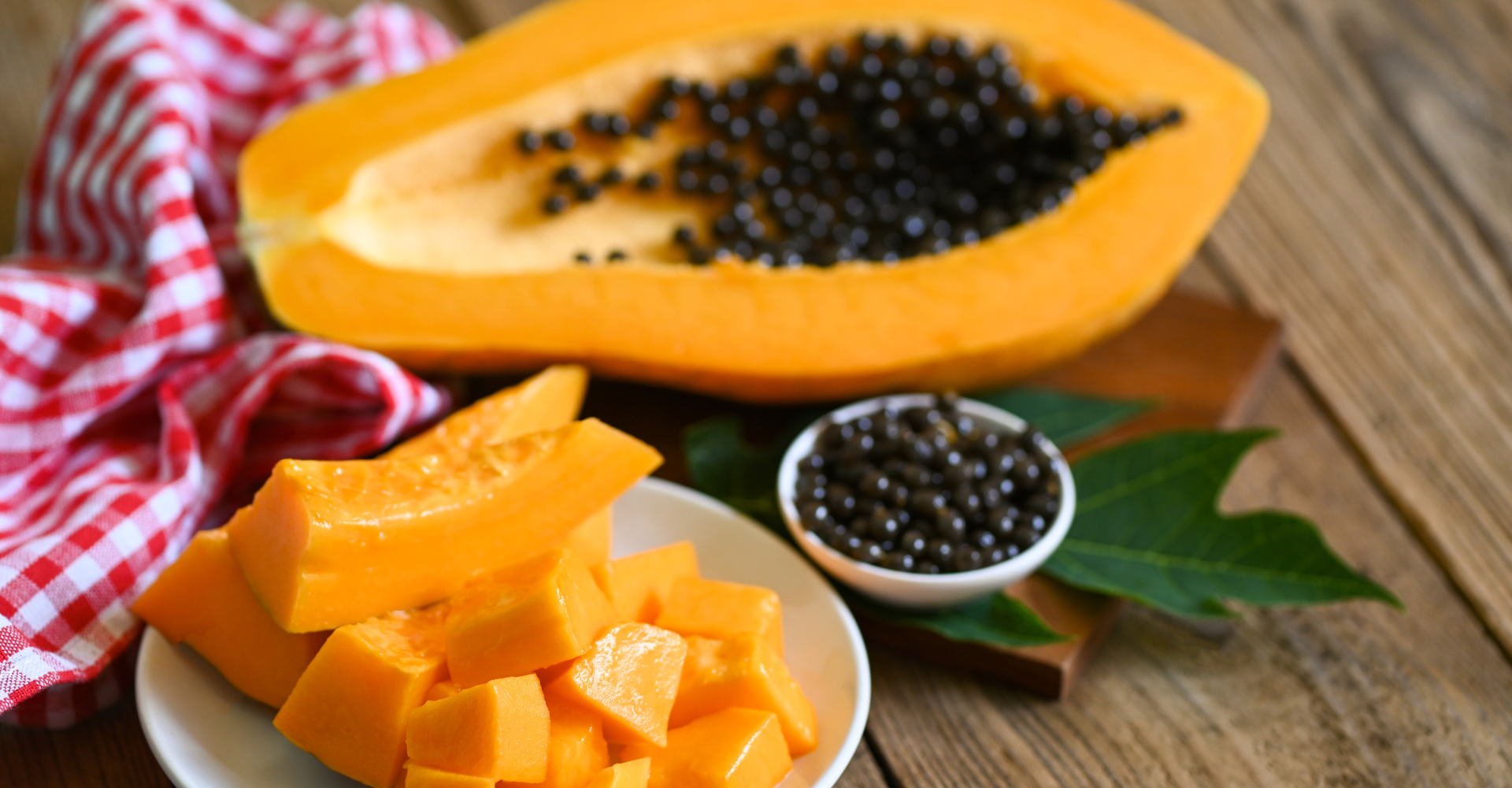
10 Powerful Fruits and Vegetables to Improve Digestion
A healthy digestive system is essential for overall well-being. The right foods can support gut health, prevent bloating, and aid in better absorption of nutrients. Fruits and vegetables, rich in fiber, enzymes, and natural probiotics, play a crucial role in maintaining smooth digestion. Here are the top 10 fruits and vegetables that can naturally enhance your digestive health.
1. Papaya – Nature’s Digestive Aid
Papaya contains papain, a natural enzyme that helps break down proteins and supports digestion. It also has high water and fiber content, promoting regular bowel movements.
How to Consume: Eat fresh papaya in the morning or add it to smoothies and fruit salads.
2. Bananas – Gentle on the Stomach
Bananas are rich in soluble fiber, which aids in digestion and relieves constipation. They also contain prebiotics that support healthy gut bacteria.
How to Consume: Eat ripe bananas as a snack or blend them into smoothies.
3. Apples – Fiber-Packed for Gut Health
Apples are loaded with pectin, a soluble fiber that helps prevent constipation and promotes gut bacteria growth. The skin of apples is especially beneficial for digestive health.
How to Consume: Eat raw apples with the skin or add them to oatmeal and salads.
4. Pineapple – Enzyme-Rich for Digestion
Pineapple contains bromelain, an enzyme that helps break down proteins and reduces bloating. It also has anti-inflammatory properties that benefit gut health.
How to Consume: Enjoy fresh pineapple slices or blend into a tropical smoothie.
5. Ginger – A Natural Digestive Soother
Ginger stimulates digestive enzymes, reduces nausea, and helps move food efficiently through the digestive tract.
How to Consume: Drink ginger tea, add fresh ginger to meals, or chew a small piece after eating.
6. Carrots – Supports Gut Movement
Carrots are high in insoluble fiber, which adds bulk to stools and promotes regular bowel movements. They also support a healthy gut microbiome.
How to Consume: Eat raw carrot sticks, add to soups, or blend into juices.
7. Cucumbers – Hydration for Digestion
Cucumbers have high water content, which helps prevent constipation and keeps digestion smooth. They also contain pectin, which supports gut health.
How to Consume: Add to salads, infuse in water, or eat as a crunchy snack.
8. Spinach – A Green Digestive Booster
Spinach is rich in magnesium, which helps relax intestinal muscles, preventing bloating and constipation. It also contains fiber for gut health.
How to Consume: Add fresh spinach to salads, smoothies, or stir-fries.
9. Tomatoes – Good for Gut Flora
Tomatoes are a great source of water, fiber, and prebiotics, which support digestion and nourish beneficial gut bacteria. They also help reduce bloating and inflammation.
How to include: Add to salads, blend into sauces, or eat raw with a sprinkle of salt.
10. Sweet Potatoes – Gut-Friendly Fiber
Sweet potatoes contain both soluble and insoluble fiber, which promote a healthy gut and prevent constipation. They also support the growth of beneficial gut bacteria.
How to include: Roast, mash, or bake them for a nutritious meal.
Conclusion
A diet rich in fiber, natural enzymes, and probiotics can significantly enhance digestion and gut health. Incorporate these fruits and vegetables into your daily meals to keep your digestive system functioning at its best. Pair them with adequate hydration and regular exercise for optimal digestive well-being!
Bright yellow skin with ivory cream flesh with semi-starch texture; Nutty and fruity flavor | Ready to eat in 1 - 2 days
- 500 Gms (4-5 Pcs)
- 1 Kg (8-9 Pcs)
₹57
₹42
Fresh, crunchy, bright greenish skin, juicy & Imported Apples
- 2 Pcs (250-300 Gms)
- 4 Pcs (500-600 Gms)
₹135
Shiny orange color and conical shape with a distinct earthy flavor
- 250 Gms (4-5 pcs)
- 500 Gms (9-10 pcs)
₹36
₹25
Vibrant green & tender leaves with a crisp texture that delivers mildly sweet and earthy flavor
- 250 Gm
- 500 Gms
- 1 Kg
₹49










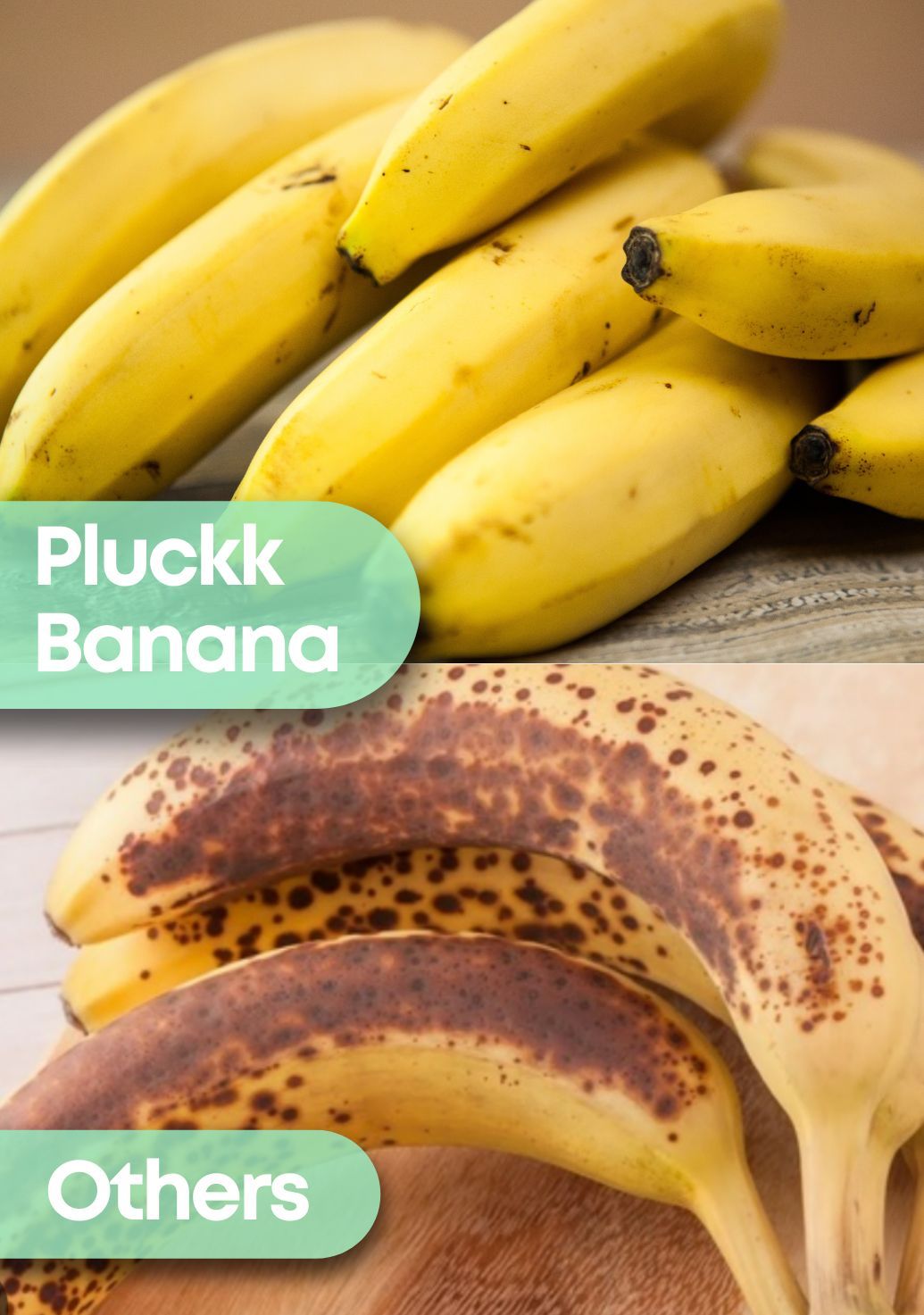

![Apple Granny Smith [Imported]img 1 Apple Granny Smith [Imported]img 1](https://im.pluckk.in/unsafe/1035x0/uploads/25401-vertical-images-sku-5.jpg)
![Apple Fuji [Imported]img 1 Apple Fuji [Imported]img 1](https://im.pluckk.in/unsafe/1053x0/uploads/new_sku_designs_v3/231321107AO/1.jpg)
![Apple Red Delicious [Imported]img 1 Apple Red Delicious [Imported]img 1](https://im.pluckk.in/unsafe/1053x0/uploads/new_sku_designs_v4/231322358AD/1.jpg)



![Ginger [Adrak] [Ozone-Washed]img 1 Ginger [Adrak] [Ozone-Washed]img 1](https://im.pluckk.in/unsafe/1053x0/uploads/new_sku_designs_v3/111111200AC/1.jpg)
![Carrot Orange [English]img 3 Carrot Orange [English]img 3](https://im.pluckk.in/unsafe/1035x0/uploads/new_sku_designs_v3/111113166AF/3.jpg)
![Carrot Orange [English]img 1 Carrot Orange [English]img 1](https://im.pluckk.in/unsafe/1032x0/uploads/new_sku_designs_v3/111113166AF/1.jpg)
![Carrot Orange [English]img 2 Carrot Orange [English]img 2](https://im.pluckk.in/unsafe/1032x0/uploads/new_sku_designs_v3/111113166AF/2.jpg)
![Cucumber Green [Ozone-Washed]img 3 Cucumber Green [Ozone-Washed]img 3](https://im.pluckk.in/unsafe/1035x0/uploads/new_sku_designs_v3/111911185AF/3.jpg)
![Cucumber Green [Ozone-Washed]img 1 Cucumber Green [Ozone-Washed]img 1](https://im.pluckk.in/unsafe/1032x0/uploads/new_sku_designs_v3/111911185AF/1.jpg)
![Spinach [Palak]img 2 Spinach [Palak]img 2](https://im.pluckk.in/unsafe/1053x0/uploads/new_sku_designs_v3/111011298AL/2.jpg)
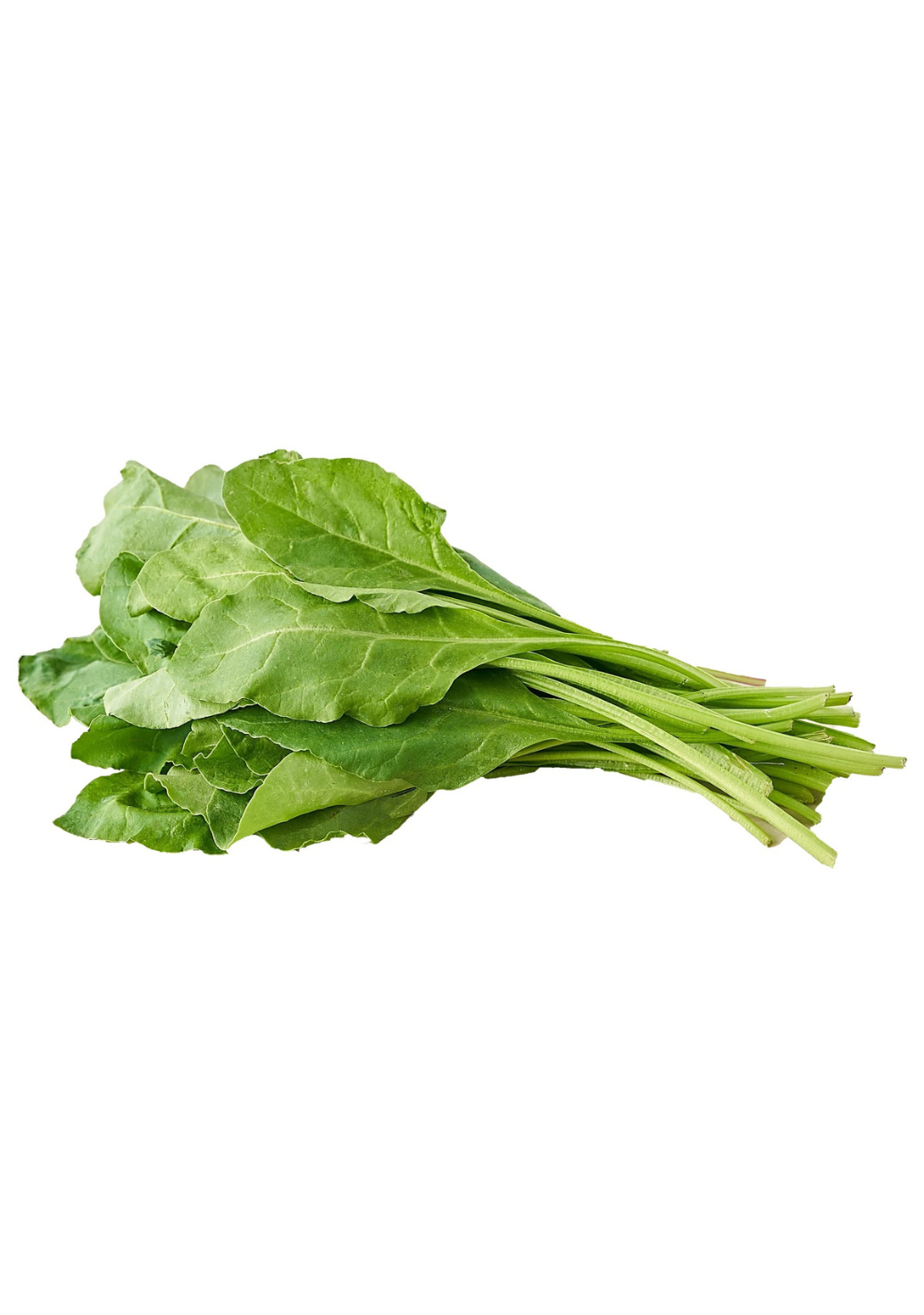
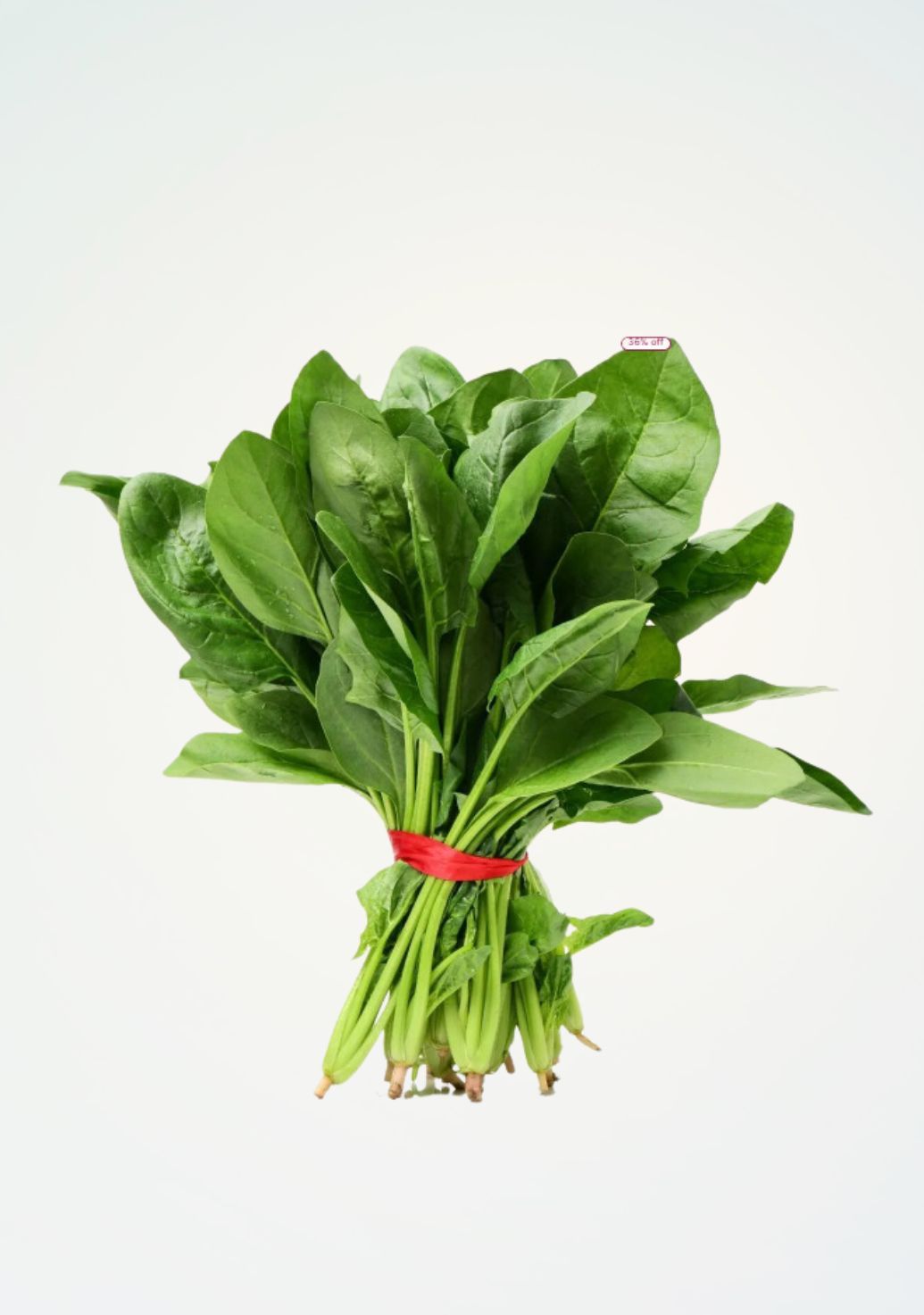
![Spinach [Palak]img 1 Spinach [Palak]img 1](https://im.pluckk.in/unsafe/1053x0/uploads/new_sku_designs_v3/111011298AL/1.jpg)
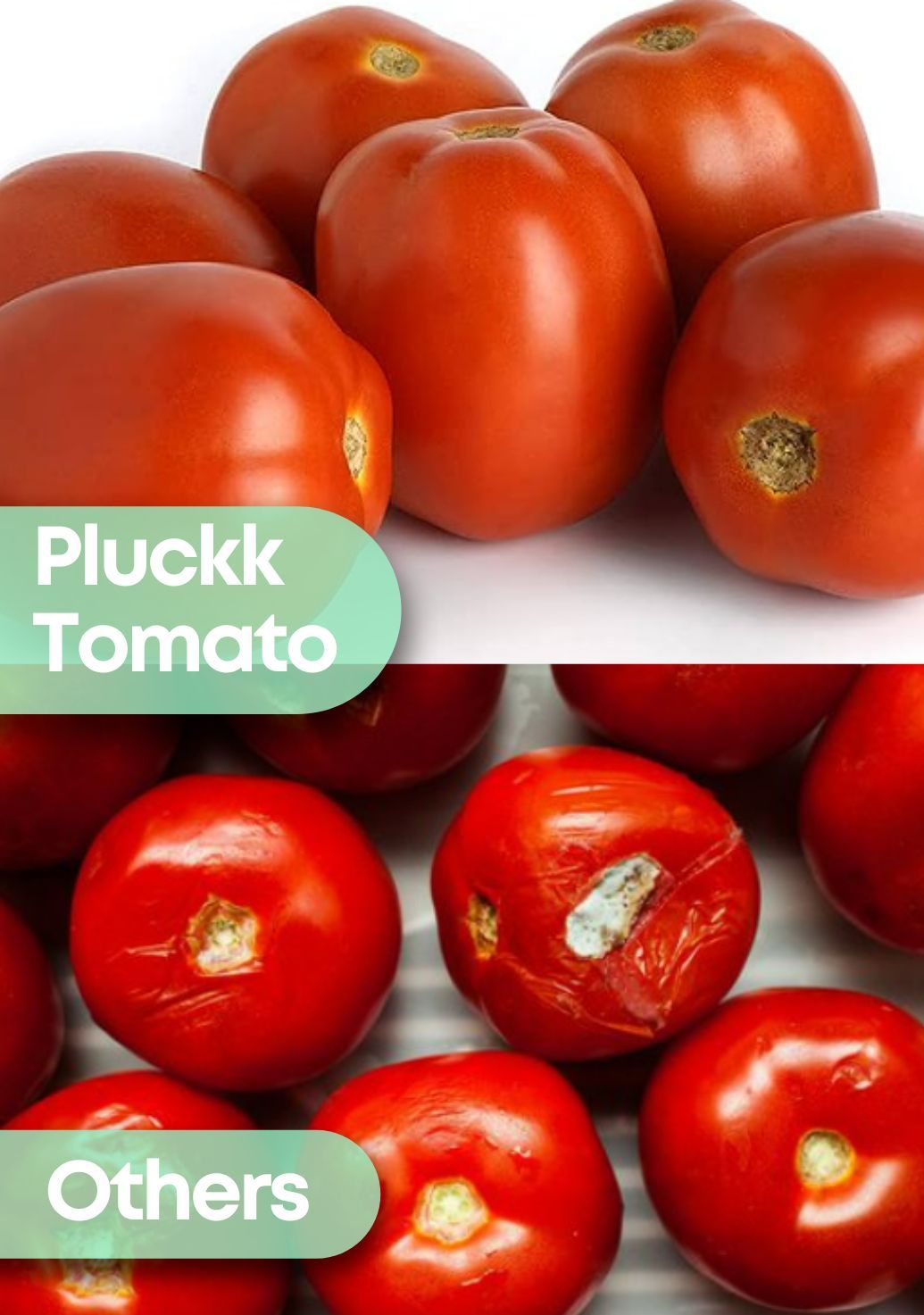
![Tomato Hybrid [Ozone-Washed]img 1 Tomato Hybrid [Ozone-Washed]img 1](https://im.pluckk.in/unsafe/1053x0/uploads/new_sku_designs_v3/112611315AA/1.jpg)






